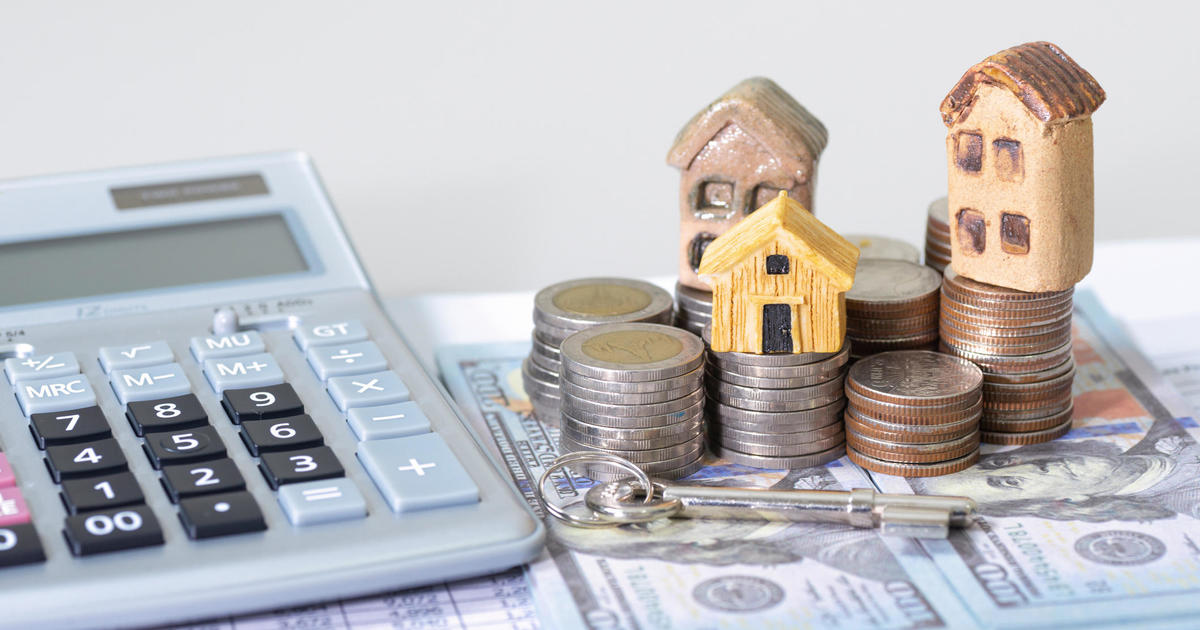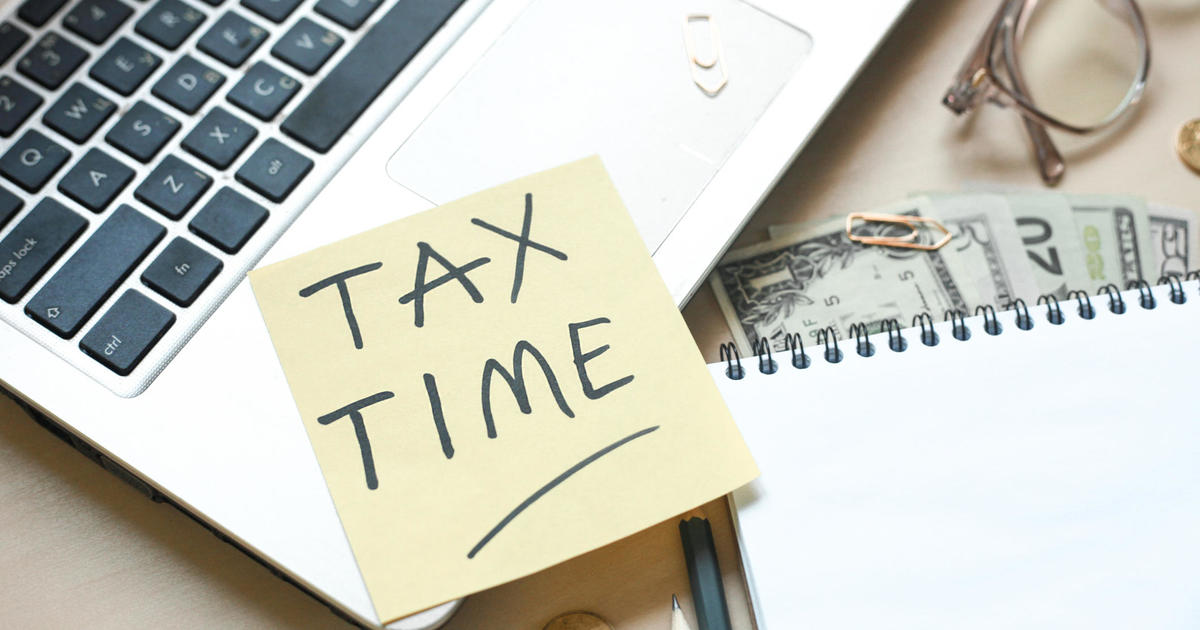Phone data show consumers avoiding stores, restaurants as COVID surges
Cell phone data that track users' whereabouts show that fewer Americans are patronizing local businesses and chain stores as COVID-19 cases surge in states like Arizona, California and Florida — a worrying sign that may dash hopes for a swift economic rebound after consumer spending dropped sharply at the onset of the coronavirus pandemic.
The phone data show millions of American consumers basically voting with their feet. Traffic at retail and food establishments ticked upward for most of April and May as businesses reopened, emboldening people to venture outside, but it has started to drop again since mid-June, marking one of the first periods of deceleration since city and state lockdowns began. That's according to SafeGraph, which married anonymized cell phone data with its database of business listings and points of interest.
Foot traffic reached its lowest point on April 14, when it was down 55% from January levels. Since that nadir, the nation has started easing up and there's been a gradual recovery. "Now, that's starting to flatline and turn reverse course in the past few days," SafeGraph spokesperson Nick Singh said of the latest consumer patterns.
Data from restaurant reservation service OpenTable show a similar trend, with the level of sit-down dining patrons picking up in early June but dropping again at the end of the month.
Experts say the data illustrate some of the economic consequences of reopening too quickly and how early efforts to jumpstart the economy appear to be backfiring.
Dr. Tom Frieden, the former director of the Centers for Disease Control and Prevention, has for months warned the business community of these risks.
"If we end up coming out too soon and that results in substantial spread of the virus, that will be counterproductive in re-opening of economy. The more we box the virus in, the more space there is for us in society," he told CBS MoneyWatch in May.
"A grand opening surge"
It's not all linked to an uptick in COVID cases, though. Mark Cohen, the director of retail studies at Columbia Business School, said customers' brief returns to stores would have been short-lived no matter what.
"People were cooped up for a month, so as soon as they heard bars opening, they jumped back out," he said. "It was a grand opening surge, and those things don't have legs."
SafeGraph measured the number of visits to millions of retail chains and mom-and-pop businesses from March through June and compared them to the number of visits during a baseline week in mid-January before the pandemic had taken hold in the U.S.
On June 28, restaurants, stores and other establishments saw a 20% decrease in visitors compared to January. A week earlier, on June 21, they had been only 18% less busy.
This recent dip in traffic is even more acute in states suffering from the sharpest increases in coronavirus cases as a result of governments relaxing social distancing measures and allowing businesses to reopen more fully — by permitting, for example, restaurants to seat customers inside.
Case numbers in Florida rose most sharply between June 22 and June 27, when they hit 9,019 new cases in one day, compared to 3,200 new cases on June 22, according to Johns Hopkins University's coronavirus case tracker.
Bars in Florida saw a 5% percent drop in foot traffic over the same period, according to the SafeGraph data. Sit-down restaurants in the Sunshine State saw similar declines in patron counts.
These data show what pubic health experts and economists alike have tried to impress upon the public — that containing the virus and reviving the economy go hand-in-hand.
A separate set of credit card transaction data also show that residents in states with newly rising coronavirus case counts are making fewer visits to restaurants, stores and other places where people typically spend money.
A report from Facteus, which collects anonymized data from financial companies and card issuers, shows that year-over-year growth in overall spending started decelerating on June 25 in the U.S.. Retail spending growth dropped 14 percentage points between June 21 and June 28, marking the biggest negative change in week-to-week growth during the recovery so far.
"The retail space has been trending very high over the past couple of months driven by e-commerce, but we have seen a deceleration in that. It's gone back down to prior levels to where it was in the April and early-May time frame," said Steve Shaw, a spokesperson for Facteus.
Average retail spending growth was up 28% in mid-May, as a result, in part, of Americans receiving stimulus checks directed by the CARES Act.
"Obviously, they were not spending it on entertainment and travel, so they were using it in the retail space," Shaw added.
The deceleration is likely due to a combination of factors, including consumers' stimulus checks running out as well as additional unemployment aid ending. It also appears to be tied to the virus' resurgence in states like Arizona, Florida and Texas, where infection rates are spiking again after they abandoned social distancing precautions.
Growth rates in all three states are trending lower than the broader economy, according to Facteus' analysis, perhaps because many residents have become fearful of going out.
Texas lags by about 4% compared to the rest of the U.S., while Florida lags by 5% and Arizona by 7%.
"It's only one week, but it's certainly something that we are going to be focusing on and paying attention to," Shaw said.
Cohen of Columbia Business School predicts a "pretty wild ride downward" for the foreseeable future.
"If you ask me when I think this is going to be 'over,' I think it's way out in 2022 when the health issue has been solved or is under control and the extraordinary economic damage this virus has created has begun to ameliorate," he said.




